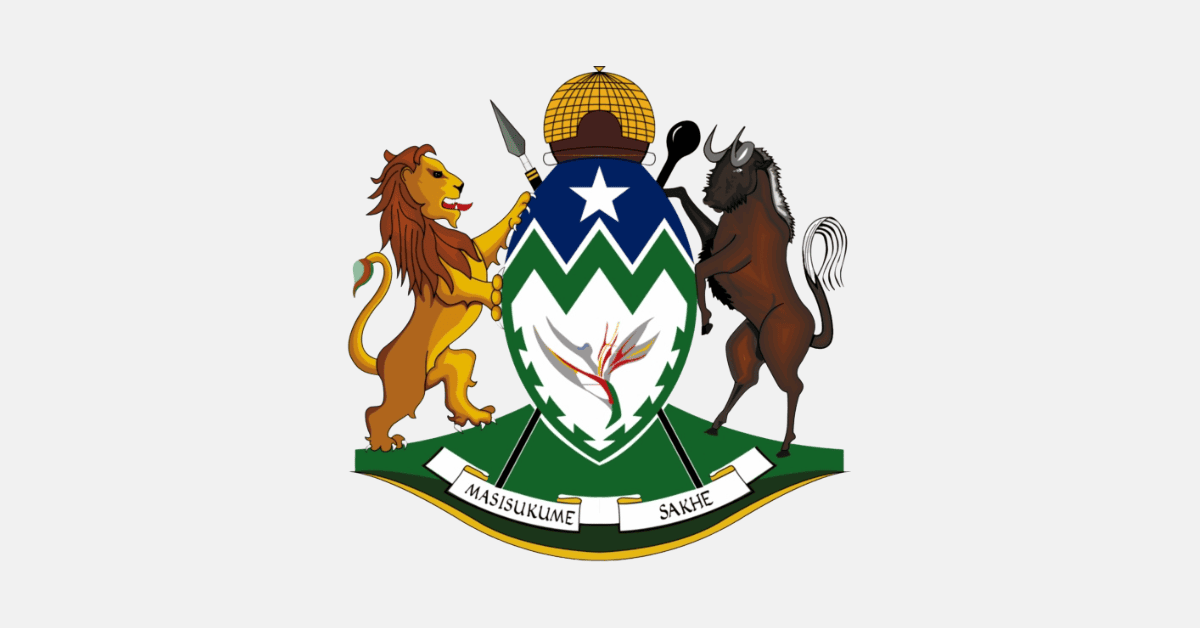Embarking on a career in nursing is both a noble and rewarding endeavour. Nkandla Hospital Nursing School, situated in the heart of KwaZulu-Natal, South Africa, offers aspiring nurses a robust platform to acquire the necessary skills and knowledge. This article provides an in-depth look into the school’s history, programmes, admission requirements, application process, and key dates to assist prospective students in their journey.
Historical Overview
Established in 1939 by Bishop Spreiter of the Roman Catholic Church of Zululand, Nkandla Hospital began as a modest facility with a 15-bed capacity. Over the decades, it has evolved significantly, expanding its infrastructure and services to meet the community’s growing healthcare needs. In 1961, the hospital was approved as a training school for Auxiliary Nurses (Enrolled Nurses) by the South African Nursing Council (SANC), marking the inception of its nursing education programmes. Since then, the institution has trained numerous nurses, contributing substantially to the healthcare sector in the region.
Programmes Offered
Nkandla Hospital Nursing School offers a range of nursing programmes designed to equip students with comprehensive theoretical knowledge and practical skills. The primary programmes include:
- Bachelor of Nursing Science (BCur): A four-year degree programme that prepares students for professional nursing practice, covering general nursing, community nursing, psychiatric nursing, and midwifery.
- Diploma in Nursing: A three-year programme focusing on general nursing care, combining theoretical instruction and practical experience.
- Higher Certificate in Auxiliary Nursing: A one-year course that trains nursing auxiliaries to provide basic nursing care under the supervision of registered nurses.
- Postgraduate Advanced Diploma in Nursing and Midwifery: A one-year programme aimed at registered nurses seeking specialisation in specific areas of nursing and midwifery.
Admission Requirements
Admission criteria vary by programme, but the general requirements include:
- Educational Qualifications: A National Senior Certificate (NSC) or equivalent at exit level 4.
- Subject Requirements: Mathematics, Physical Sciences, and Life Sciences are recommended, with achievement levels typically ranging from 4 to 5, depending on the subject.
- Language Proficiency: A minimum English proficiency level of 50-59%.
- Additional Requirements: Some programmes may require prior nursing experience or additional qualifications.
Application Process
The application process involves the following steps:
- Obtain the Application Form: Available from the admissions office or the official website.
- Complete the Application Form: Ensure all personal and academic details are accurate.
- Prepare Supporting Documents: Include certified copies of academic transcripts, proof of identity, proof of residence, and any additional requested documents.
- Submit the Application: If available, applications can be submitted in person or via the online portal.
- Pay the Application Fee: A non-refundable application fee must be paid, details of which are provided on the application form or website.
Key Dates and Application Deadlines
Application periods typically open in May and close at the end of September for the following academic year. Adhering to these timelines is crucial for applicants to ensure their applications are considered. Prospective students should consult the official Nkandla Hospital Nursing School website for the most up-to-date information.
Clinical Training and Facilities
Clinical training is an integral component of all nursing programmes. Students gain hands-on experience in various healthcare settings, including general and midwifery hospitals, psychiatric hospitals, and community health service facilities. The school also boasts a state-of-the-art simulation laboratory where students can practice clinical skills in a controlled environment.
Accreditation and Registration
All programmes are accredited by the South African Nursing Council (SANC) and the Council on Higher Education (CHE). Graduates are eligible to register with the SANC, a prerequisite for practising as professional nurses or midwives in South Africa.
Financial Aid and Bursaries
Various financial aid options and bursaries are available to qualifying students. The institution, the Department of Health, or external organisations may offer these. Prospective students are encouraged to inquire about financial assistance during the application process.
Contact Information
For further inquiries or assistance, prospective students can use the following contact details:
- Telephone: +27 (0) 35 833 5000
- Email: info@nkandlanursingschool.ac.za
- Physical Address: Nkandla Hospital, Nkandla, KwaZulu-Natal, South Africa
- Official Website: Nkandla Hospital Nursing School
Final Thoughts
Nkandla Hospital Nursing School stands as a beacon of nursing education in KwaZulu-Natal. Its dedication to providing high-quality training ensures that graduates are well-prepared to meet the demands of the healthcare sector. The comprehensive range of programmes, state-of-the-art facilities, and practical clinical exposure make this institution an excellent choice for anyone aspiring to join the nursing profession.
For prospective students, ensuring timely application submissions, meeting all requirements, and preparing for the rigorous yet rewarding journey ahead is essential. By choosing Nkandla Hospital Nursing School, you invest in your future and contribute to the community’s well-being through quality healthcare services.

